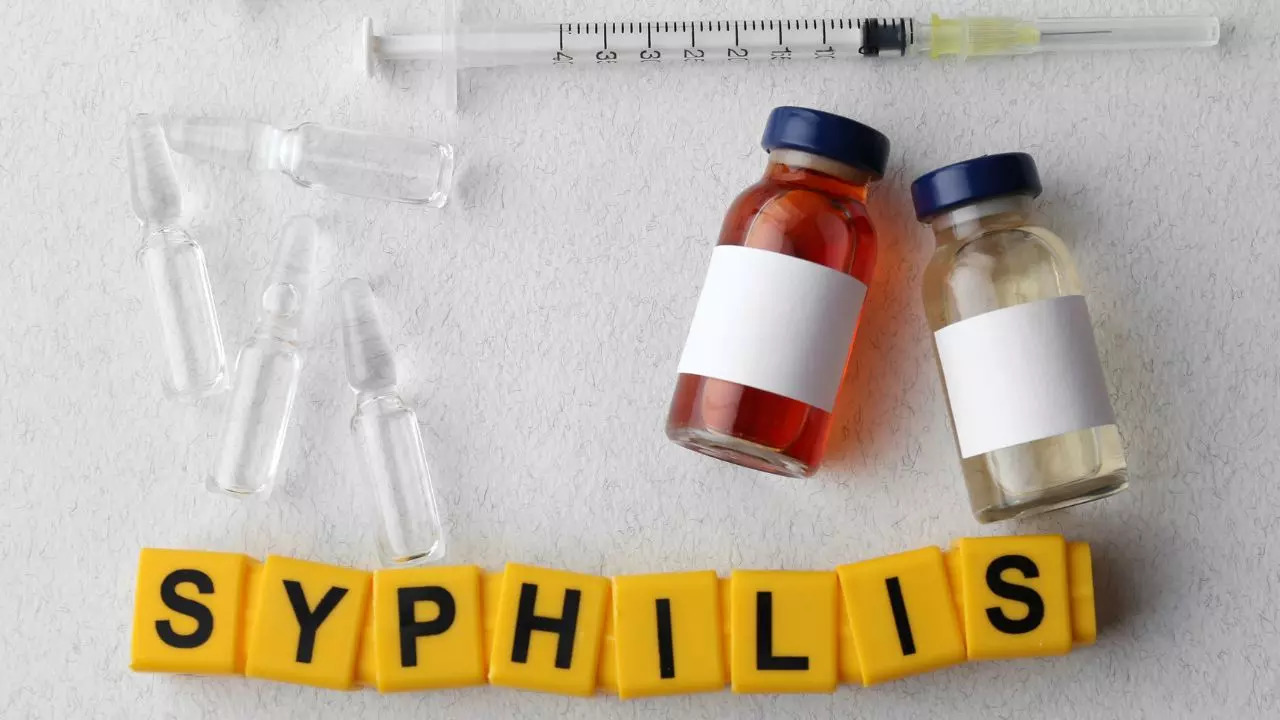Contents
FDA approves first at-home syphilis antibody test to increase screening rates
Syphilis is a sexually transmitted infection (STI) caused by a bacterial infection. If left untreated, it can cause serious health problems. The FDA has approved the first home, over-the-counter test to detect syphilis antibodies in human blood. This will help increase the rate of screening.

FDA approves first at-home syphilis antibody test
The Food and Drug Administration on Friday approved the first-ever at-home, over-the-counter test to detect malaria. syphilis antibodies in human blood. The move will help increase screening rates for the sexually transmitted disease. The test has been developed by privately owned NowDiagnostics and helps identify current or past infection and provides results in about 15 minutes.
However, the regulator said that test results alone are not sufficient for a definitive diagnosis, and additional testing should be performed to confirm the diagnosis.
Syphilis is a sexually transmitted infection (STI) caused by a bacterial infection. If left untreated, it can cause serious health problems. Sexually transmitted infections are those that spread through sexual contact, including vaginal, anal, and oral sex. There are some STIs that can be spread from mother to child during pregnancy, childbirth, or breastfeeding. Syphilis is the third most common STI.
Michelle Tarver, Executive Director FDA“Access to home tests could help spur initial growth,” said the Center for Devices and Radiological Health of the Testing for syphilis“This includes individuals who may be reluctant to see their health care provider about their risk of a potential sexually transmitted infection.” According to the Centers for Disease Control and Prevention, the number of reported cases of syphilis in the United States increased by 80% between 2018 and 2022.
Read on to learn more about syphilis.
Syphilis typically begins as a painless sore that usually appears on the genitals, rectum or mouth. The infection can spread from person to person when people come into direct contact with the sores. It can also be passed to a baby during pregnancy and childbirth, and sometimes through breastfeeding, says the Mayo Clinic.
“After infection, syphilis bacteria can live in the body for many years without causing symptoms. But the infection can become active again. Without treatment, syphilis can damage the heart, brain or other organs. It can be life-threatening.”
Syphilis is caused by the bacteria Treponema pallidum which causes syphilis. The infection can be spread through vaginal, anal or oral sex. The bacteria can enter your body through your anus, vagina, penis, mouth or broken skin, says the Cleveland Clinic. “The bacteria continue to spread throughout your body, which can eventually damage certain organs.”
Prevention of syphilis includes regular use of condoms during sexual activities, regular testing for sexually transmitted infections and prompt treatment if detected. Encouraging safe sex practices, emphasising on monogamous relationships and public health campaigns can help prevent the spread of syphilis.
(With inputs from Reuters)
Get the latest news on Times Now as well as breaking news and top headlines from across health and the world.
syphilis


